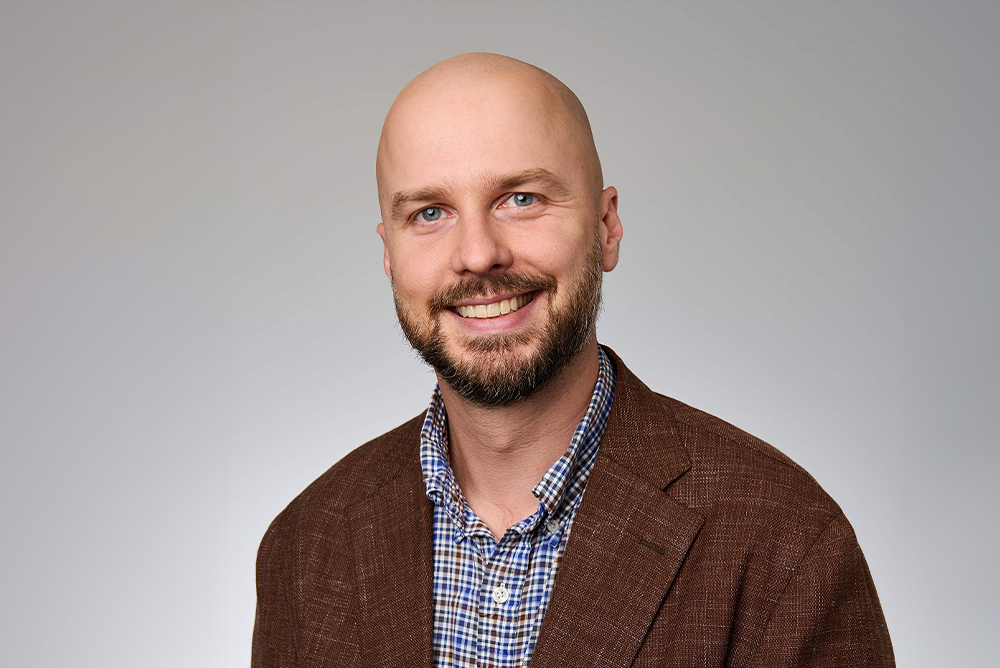

News

Innovation grant for healing process in cochlear implants
Friday November 15, 2024
- Dr Bester’s work will further advance the outcomes for recipients by increasing the preservation of the hearing nerve.
- Government innovation grant will fund the research project
- Patients will be monitored from the moment the device is implanted
Ear Science’s Dr Christo Bester has been awarded a $137,872 government research grant to gain a better understanding of the healing process in patients who have had a cochlear implant.
The research project is one of eight successful WA Innovation Fellowships winning a share of $1 million from the State Government’s Future Health Research and Innovation Fund.
“The funding from the WA’s FHRI Fund will enable new research into understanding how a person’s healing response to cochlear implantation affects their ability to use the device,” Dr Bester said.
“This work is going to open new treatment and counselling opportunities after a person receives their cochlear implant to help them have the best possible outcomes now and for the rest of their life.”
Cochlear implants have changed the lives of those with significant hearing loss around the world. The outcomes of which allow recipients to retain jobs, communicate with loved ones and enjoy music and life.
Dr Bester’s work will further advance the outcomes for recipients by increasing the preservation of the hearing nerve. Retaining residual hearing is a goal of all surgeries and Dr Bester’s research will bolster this
“The ear is a complex piece of machinery and we need to get a lot better understanding of how the cochlear implant and the body interact over the life of the person,” he said.
“We can use the implant itself to make measurements of the body’s response.”
His project will involve closely monitoring the patient from the start of the implant operation and checking the healing process at regular appointments over the following months.
“We’ll test them from the moment the implant touches the ear in the operating theatre. That’s when some damage can occur,” he said.
“The better we can protect the sensitive parts of the inner ear when we put it in, the better things will be.”
Dr Bester’s innovative work will also pave the way for Ear Science to develop drug therapies to improve the patient experience.
“We don’t have good information on the impact on the sensory parts of the ear,” he said.
“Over the next 12 months, I’m planning to see what parts of the ear are affected so we can target drug therapies and lead to better outcomes.”
During the project, Dr Bester, who has worked at Ear Science since 2022, will also provide feedback to ear surgeons on his findings.
Ear Science, based in Subiaco, is the only medical research institute in Australia dedicated to ear and hearing disorders. It is the driving force behind Lions Hearing Clinic, with 16 clinics operating in WA and four in NSW.
The State Government’s Future Health Research and Innovation (FHRI) Innovation Fellowships program seeks to build capability in health and medical-related innovation in Western Australia. The program is designed to encourage talented Western Australians to enhance their innovation knowledge, skills and experience, in conjunction with nominated experts who perform a mentor role.
Announcing the grant, Medical Research Minister Stephen Dawson said: “WA’s incredible innovators continue to produce groundbreaking and life-changing technology, such as this amazing collection of work being carried out by this year’s successful Innovation Fellowship recipients. Innovative projects like these are life changing for people who suffer from debilitating medical conditions and diseases.”

